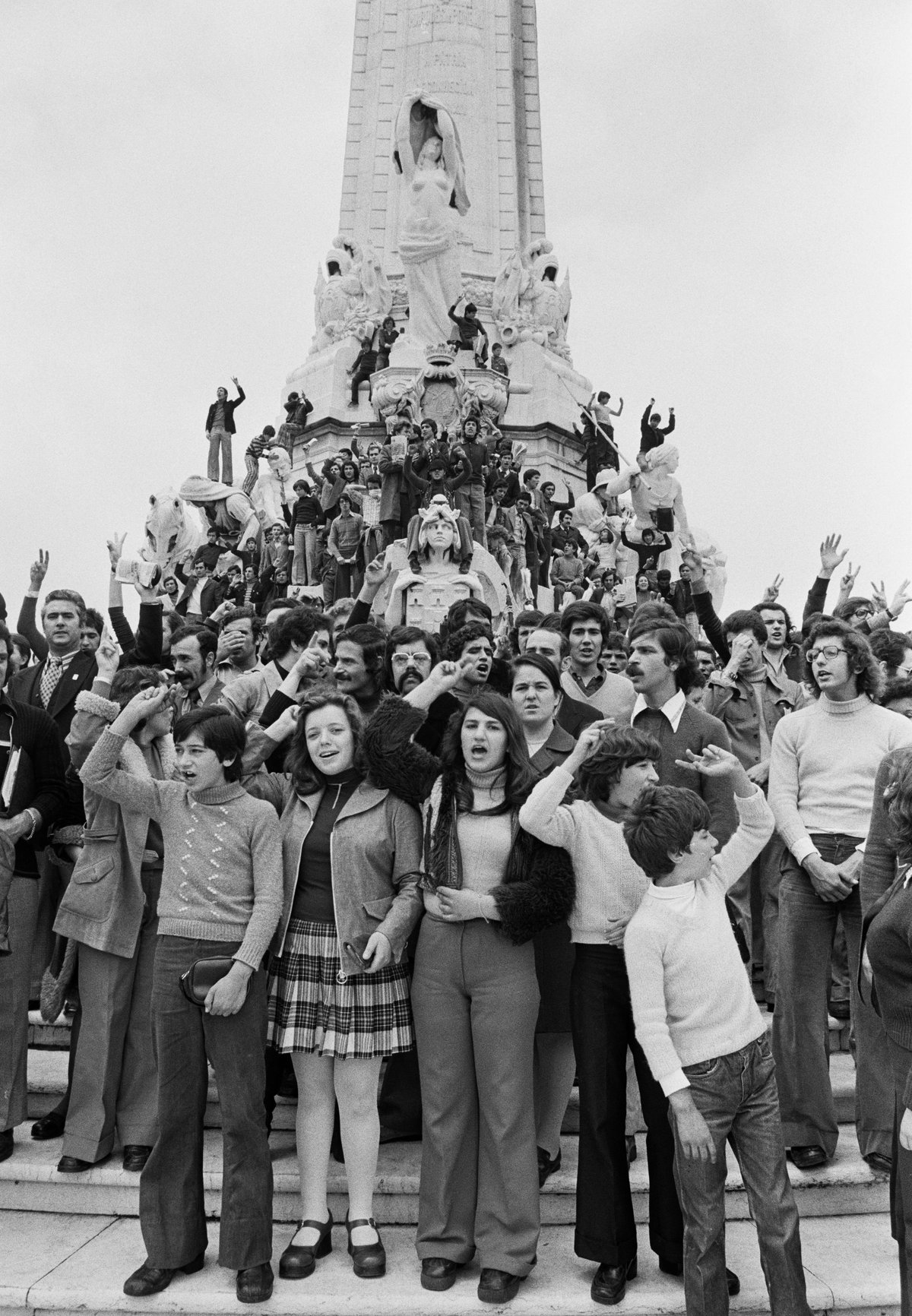This project investigates the role of collective singing during times of social crisis in the Baltic and Scandinavian regions, from ca. 1800 to the present. Singing together appears to be a universal human response to crisis—a notion recently reinforced by viral videos of collective singing in Ukrainian bomb shelters. Scandinavian and Baltic countries, known for their rich traditions of collective singing, have historically used song to foster cultural resilience, resolve conflicts, and promote inclusivity. Examples range from Denmark’s singing resistance after the Second Schleswig War and WWII to Norway’s response to the 2011 Utøya attack, and from Lithuanian deportees singing in Siberian labor camps to Baltic citizens singing for independence from the Soviet Union.
Singing traditions in these regions play a key role in shaping social cohesion, cultural identity, and heritage. Yet, despite these apparent similarities, no studies have directly compared singing practices across Scandinavia and the Baltics. The CRIES project addresses this gap, investigating the diverse social impacts of collective singing during crises. It clarifies how singing fosters communal bonds but may also create exclusion or discord. Given Europe’s current challenges—warfare, lingering impacts of COVID-19, and rising digital isolation—studying practices that enhance social trust and cohesion is more urgent than ever.
Spanning from 1800 to the present, CRIES combines historical analysis, computational humanities, musicology, and ethnography. The project examines both historical and contemporary cases, including Ukrainian refugees in Scandinavia and the Baltics, to explore how collective singing supports cultural identity in displacement.
Led by Katrine F. Baunvig. Aarhus University, Denmark, CRIES counts as part of the team: Elo-Hanna Seljamaa, Tartu University, Estonia; Rūta Muktupāvela, the Latvian Academy of Culture, Latvia; Austé Nakiené, the Lithuanian Literature and Folklore Institute, Lithuania and Lea Wierød Borčak, Aarhus University, Denmark. Working with prominent partners such as national libraries and Europe’s largest choral festival, CRIES provides an interdisciplinary perspective on singing traditions in various crisis contexts. This research offers insights for policymakers on the unifying and potentially divisive effects of collective singing. Finally, by developing a digital archive, CRIES will make its findings accessible to researchers and the public
